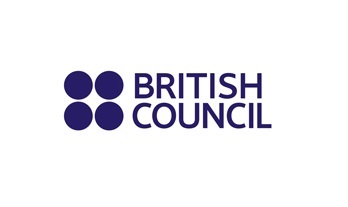Dealing with meetings (Part 2)
Last week, in part 1, we looked at input and delivery. This week, we will be looking at maintaining good relationships.
Maintaining good relationships
This is essential, and as well as the appropriate level of formality that we looked at last week, sensitivity, tone of voice and active listening all play a part.
Sensitivity
The exchange of ideas in decision-making, which is perhaps the most productive part of many meetings, involves interruption and disagreement. A statement may need to be challenged and, while waiting might be polite, interrupting immediately could save time in the long run.
No one likes having their train of thought broken, so do this politely.
- Could I say something here?
- Can I come in here?
- Sorry to interrupt (X), but I’d just like to say that …
- Excuse me, may I interrupt for a moment?
However, if you are the one being interrupted and it is important to finish making your point first, there are several phrases available.
- If I could just finish (what I was saying) first.
- Sorry X. Can we come back to that later? I just want to make the point that …
- May I just finish?
- Sorry X, I haven’t finished what I was saying.
Alternatively, you might decide to return to your point later.
- As I was saying (before) …
- To get back to what I was saying …
When disagreeing, be clear but diplomatic.
- I’m afraid I can’t quite agree with you there.
- I’m sorry, but I see things a little differently.
- Actually, I have a different perspective on that.
- I’m not sure I see things the same way.
To soften your disagreement, positively acknowledge others’ contributions.
- I see what you mean, but …
- That’s a good point although it might be better / more effective / cheaper to …
- That’s true, but …
- I understand what you’re saying, but …
Your tone of voice
This communicates a message to your audience, so speak clearly and with authority to ensure that it’s a positive one that inspires trust and confidence. People tend to speed up when they’re nervous and the pitch of the voice may rise, so try to reduce the potential for this through careful preparation, anticipation, and rehearsal.
Active listening
This is important, not just for transacting the necessary business, but also in demonstrating respect for the other speakers. So, make sure that you are alert before the meeting by getting enough sleep, avoiding heavy meals and, if necessary, taking a quick walk or stretching. Then you will be ready to listen, evaluate and comment on what you hear.
Whether you have a big part or a small part to play in a meeting, prepare carefully and make your time productive. Good luck!






